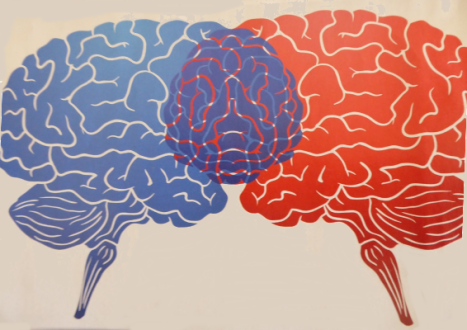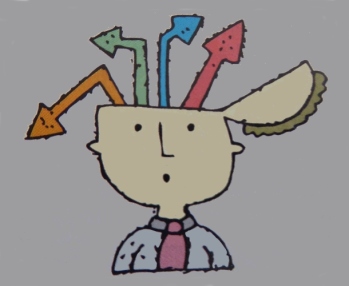(Or Keep Movin’ to Keep Thinkin’)
Part 9 of my “Senior Moment or…Something More?” Series
 Fact:
Fact:
In these United States, 10,000 people turn 65 every day. 10 percent of them have Alzheimer’s dementia.
Early Signs and symptoms include:
- Making bad decisions consistently – i.e. parking at the mall, leaving the car engine running and the door open

- Inability to manage a household budget – i.e. getting late charges and payment due notices
- Losing track of the time of year or what month it is – i.e. forgetting to put on a jacket and gloves to shovel snow off the front steps
- Inability to write a letter or even sign one’s name
- Stopping midsentence to search for how to complete a statement.
- Losing things and, rather than retracing one’s steps, accusing others of conspiring to hide things
Treatments available: If medications are recommended, there are two different categories recommended, depending on what stage of the disease is indicated:
- One group stops the degradation of the chemical that helps carry messages between brain cells. They are commonly prescribed in the early to middle stages of the disease to improve memory, judgement, thinking, language skills, etc.
- Moderate to severe stages can be treated with a medication that regulates another chemical that acts within the brain cells to reawaken learning of new tasks and recall of recent memories.
One of the common-sense approaches involves what we hear daily: exercise, eat right, stay active and involved. But how?
- Jot down written reminders: grocery lists, post-it notes, wipe boards
- Listen while you work: alarm clocks, cooking timers, text messages, voice mail
- Deciding on a defined location for everyday items: checkbook, wallet, car keys
- Use technology to full advantage: notices from your I-pad or I-phone, electronic systems that activate lights or find a lost electronic device with a chime locator
- Learn something new: a new card game, a board game, a crossword or Sudoku puzzle; “brain teaser” puzzles in the daily newspaper
- Life is an app – get some that stimulate your brain and reside on your cell phone, tablet, laptop, or desktop
- Think of your brain as another muscle and give it daily exercise to make it stronger. Learn a new skill – bowling, skating, swimming, gardening, dance classes, creative writing, watercolor classes
- Visit your local art gallery, museum, library to see new sights, learn new ideas, visit with people you don’t see every day.
- Listen to the kids at recess at the school across the street and delight in their spontaneous shouting, laughing, screaming, whistling, youthful exuberance.
- Stop to look at a flower or a bluebird or a mountain or a lake and rejoice in another day to live and enjoy.
- Try your hand at writing a poem.
My farewell statement concerning dementia in all its ugly forms: If you are the car-giver, seek help and support. Don’t neglect yourself and your own needs. Staying emotionally and physically healthy is the best treatment for you so you can be there for others who need you.
2 thoughts on “The Final Step”
Comments are closed.